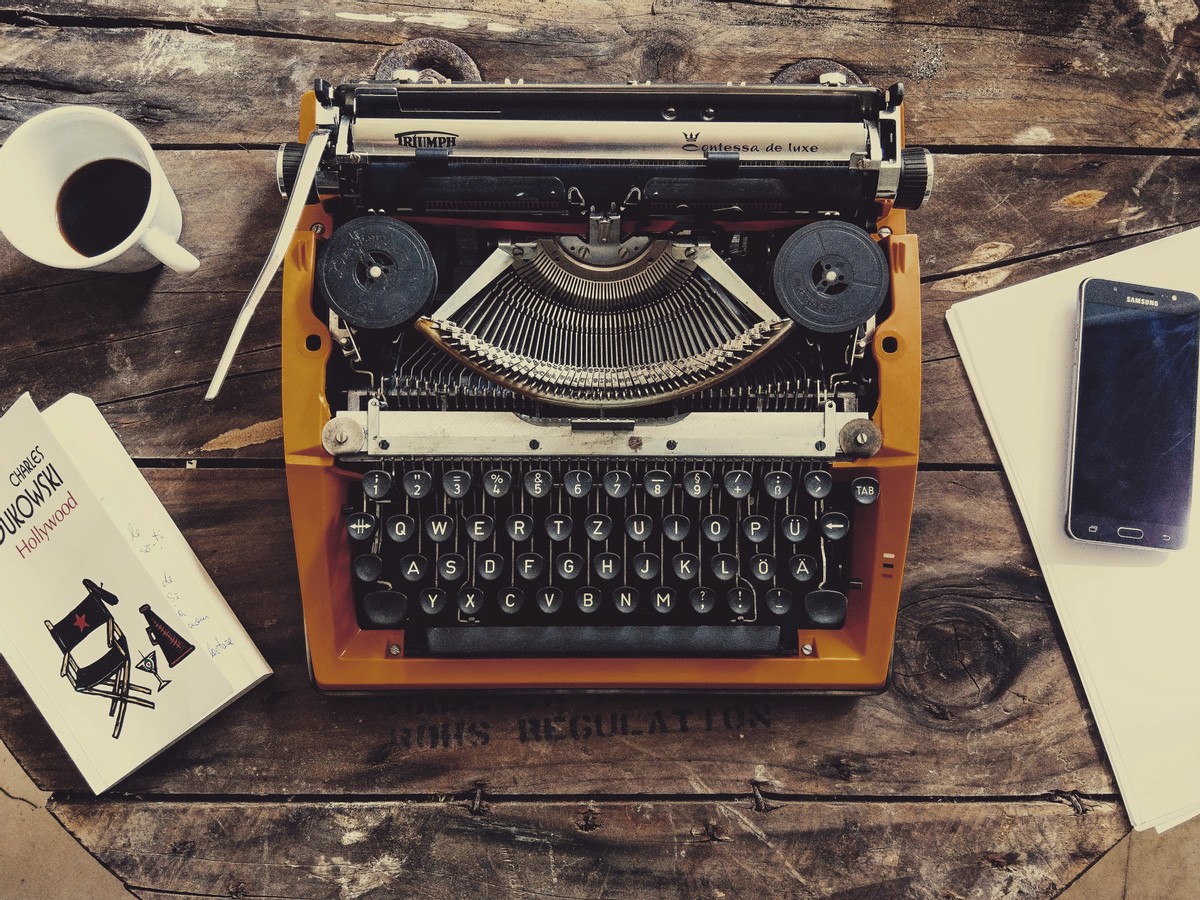
Society is divided into two important classes: the ones who work and the ones who exploit those who work.
Back in the days, when Europe was at Medieval Age, kings and queens used to pull their strings to make people believe in that system.
In a first instant, Catholic Church stated that the nobles were chosen by God to reign and rule the peasants and every mile of the land they own. Besides of it, if they find out you disagree with them, so that you must burn in fire.
Lately, Thomas Hobbes and other philosophers said people are naturally wicked. It is in our core. So, we need a State swarming with force and authority to keep us under control.
Today, while starving plagues billions of people, there are dozens of individuals who got yachts, airplanes, mansions, rockets and lots of industries around the world.
How on earth could only eight human beings own as much wealth as the half of humanity? Does it sound fair for you?
Surely, it is not fair. Not just because they really didn’t get that wealth by working hard, but by exploiting the hard work of other people, defaulting on their taxes and even drawing on slavery and child labour.
But the ruling class doesn’t miss a trick. They’ve already carved out a thousand ways to stand their system which is always favouring them. After all, they have the media sources, so they can make the mind of the most people, wrapping them in their little fingers.
Have you ever noticed that every time when someone is arguing against capitalism, there’s always a person who claims that capitalism is really not too good, but people are selfish and corrupt anyway, so we’ll be always mean to each other because it’s part of our nature.
“Human beings are essentially evil, so there’s no other economic system able to fit this trait of our essence but capitalism. There is no alternative.”
Stupid fucking bullshit! Can’t you see that it serves well to perpetuate the idea it’s just the natural order of things and the way the society is run.
Getting down to business, throughout the History, philosophers stepped forward figuring out how is the nature of the human beings. The most known of them are Thomas Hobbes, John Locke and Jean Jacques Rousseau.
To cut a long story short, I’ll tell a little bit over these philosophers:
Thomas Hobbes was the one who said we all need a big State controlling us due to the fact we are essentially evil. He was one of the main supporters of Absolutism.
John Locke would tell us that we are peaceful, free, and equal. But once we are longing for our interests, we would turn out taking on each other, then we must have a State to arbitrate our rifts.
Rousseau, however, would say that “people in their natural state are basically good. But this natural innocence, however, is corrupted by the evils of society”. On the other hand, once the private property sprouts, malfeasance buds together.
Despite my tendency to agree with Rousseau, maybe Karl Marx’s point of view is the one that really suits me down to the ground. Actually, there’s no human nature.
When we are born, beyond the biological features, human beings are born with social features that are not unchangeable. Neither we are born with innate ideas nor with moral innate ideas. Moreover, the thought of good and bad changes according to the place and the time.
Every single deed of any human being is under the leverage of the social conditions of the society they live. Their education, habits, moral understanding, and much more will make their behavior.
If selfishness is one of the feelings that stands up this society, it’s not because we are born like this, but because we were taught to be like this (by the ruling class, obviously, because they need we have these kind of feelings).
But we can teach ourselves to swim against the tide and turn things around. After all, we’re the result of our society, but we’re its creators as well. So, if greedy prevails in our souls, we can make kindness and empathy out of us.

Great post! I enjoyed reading about the different takes on human nature. I think that we are both influenced by the society we live in, but also have an innate moral compass. Great job :)
Thanks! I really wished to sound quite informal in this text and use some slangs and idioms I had learnt lately.